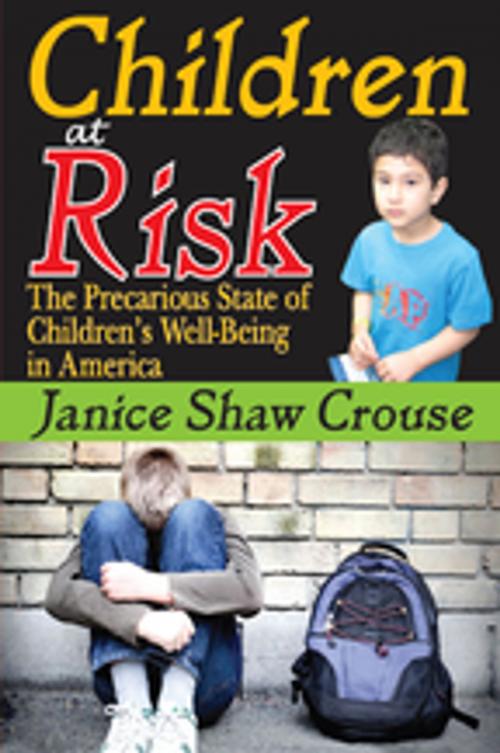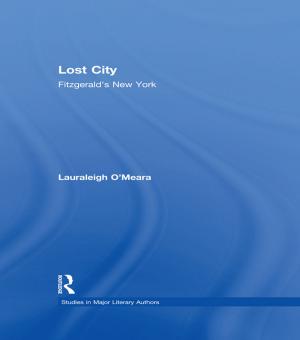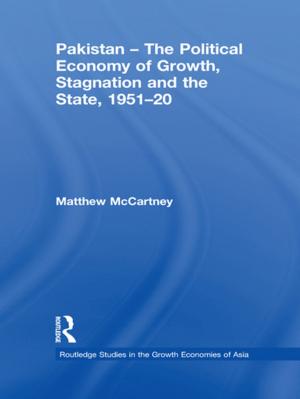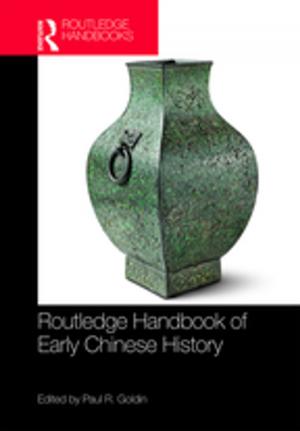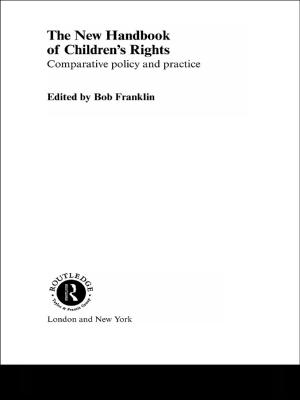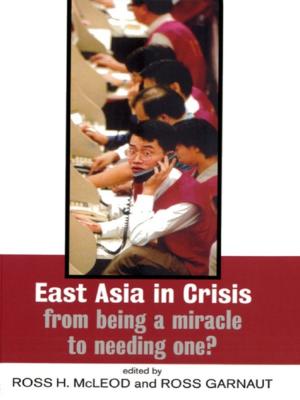Children at Risk
The Precarious State of Children's Well-being in America
Nonfiction, Social & Cultural Studies, Social Science, Sociology| Author: | ISBN: | 9781351528900 | |
| Publisher: | Taylor and Francis | Publication: | September 8, 2017 |
| Imprint: | Routledge | Language: | English |
| Author: | |
| ISBN: | 9781351528900 |
| Publisher: | Taylor and Francis |
| Publication: | September 8, 2017 |
| Imprint: | Routledge |
| Language: | English |
The desire for our children to be free from want and danger and to be able to enjoy their youth in innocence would seem to be universal. Conventional wisdom says that parents in every socio-economic level of society share the dream of preserving their children's innocence. All want to provide a childhood and adolescence that shelters and protects children from the harshness of life and nurtures them until they are able to withstand the onslaught of reality. One need only look at troubled areas of the world, such as Northern Ireland, parts of the Middle East, or any number of other points on the globe, to see how weak is any communion forged out of these universal desires for the welfare of children. Even in the United States, the competition of ideas and values about what represents the "good" society in which to raise our children is fierce-as are differing views about the value of innocence and even life itself. These differing ideas and values affect people's actions even when they have never reflected on them, or have never cared enough to formulate those values into a coherent worldview. Crouse contends that without morals, children are at risk. Moral boundaries, not moral relativism, provide a safe haven for children by preserving their innocence and protecting them from predators and pedophiles. When authentic religious faith has been quashed, children are no longer safe. When the underlying values are wrong, when there are no common values unifying a people, even the best programs and most honorable of intentions are doomed to failure. Well-intentioned programs and policies inevitably fail miserably without an undergirding moral foundation, as is documented by an abundance of data and the social trends in America today.
The desire for our children to be free from want and danger and to be able to enjoy their youth in innocence would seem to be universal. Conventional wisdom says that parents in every socio-economic level of society share the dream of preserving their children's innocence. All want to provide a childhood and adolescence that shelters and protects children from the harshness of life and nurtures them until they are able to withstand the onslaught of reality. One need only look at troubled areas of the world, such as Northern Ireland, parts of the Middle East, or any number of other points on the globe, to see how weak is any communion forged out of these universal desires for the welfare of children. Even in the United States, the competition of ideas and values about what represents the "good" society in which to raise our children is fierce-as are differing views about the value of innocence and even life itself. These differing ideas and values affect people's actions even when they have never reflected on them, or have never cared enough to formulate those values into a coherent worldview. Crouse contends that without morals, children are at risk. Moral boundaries, not moral relativism, provide a safe haven for children by preserving their innocence and protecting them from predators and pedophiles. When authentic religious faith has been quashed, children are no longer safe. When the underlying values are wrong, when there are no common values unifying a people, even the best programs and most honorable of intentions are doomed to failure. Well-intentioned programs and policies inevitably fail miserably without an undergirding moral foundation, as is documented by an abundance of data and the social trends in America today.
